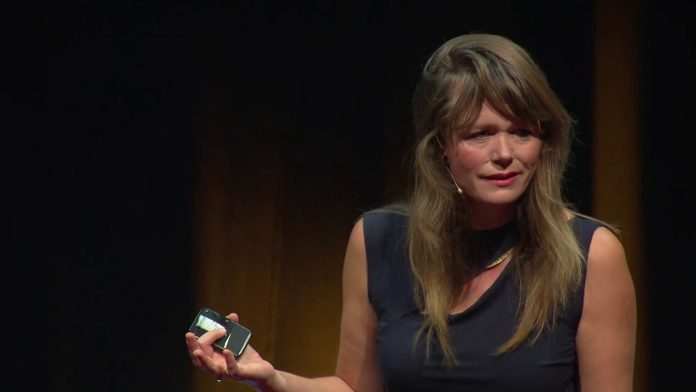Balanced reporting urged for peace in Afghanistan
Dutch journalist says realities about war-torn country distorted by western media.
ISLAMABAD: Renowned investigative journalist and author of the famous book ‘Looking for the Enemy: Mullah Omar and the Unknown Taliban’ emphasized the need for balanced media reporting to foster peace in Afghanistan.
Bette Dam made the remarks during a discussion session organized by The Centre for Afghanistan, Middle East & Africa (CAMEA) here at the Institute of Strategic Studies Islamabad (ISSI).
She said the realities surrounding Afghanistan had been distorted by the Western media’s narrative as the complete picture about the country was rarely presented. She suggested that a more comprehensive understanding was necessary to grasp the complexities of the situation.
Bette Dam shed light on the dominance of the Western narrative in media coverage, noting that the perspective influenced approximately 80 percent of the portrayal.
“In 2001, the Taliban had written surrender letters to the then Afghan leader Hamid Karzai, which were unfortunately dismissed and thus an important opportunity for peace was conceivably lost,” Dam said.
Furthermore, she said, the refusal by Rumsfeld, the United States Secretary of Defence at the time, played a significant role in the subsequent unfolding of events.
Bette Dam also talked about Mullah Omar’s perspective on the Taliban, revealing that he viewed the group as a neutral peacekeeping force with the intention to halt the ongoing conflict and chaos in Afghanistan.
Contrary to prevailing beliefs, as highlighted in her book, Bette Dam challenged the narrative by emphasizing that Mullah Omar, the former Taliban leader, remained in Afghanistan until his death, refuting the misconception that he died in Pakistan.
Speaking on the occasion, ISSI Director General Sohail Mahmood said that Dam’s work helped demystify many aspects of Mullah Omer’s life and mission which had remained shrouded in mystery.
He stated that Dam’s work was a comprehensive and independent analysis that allowed readers to gain profound insights into the complexities of the issues at hand.


Comments are closed.